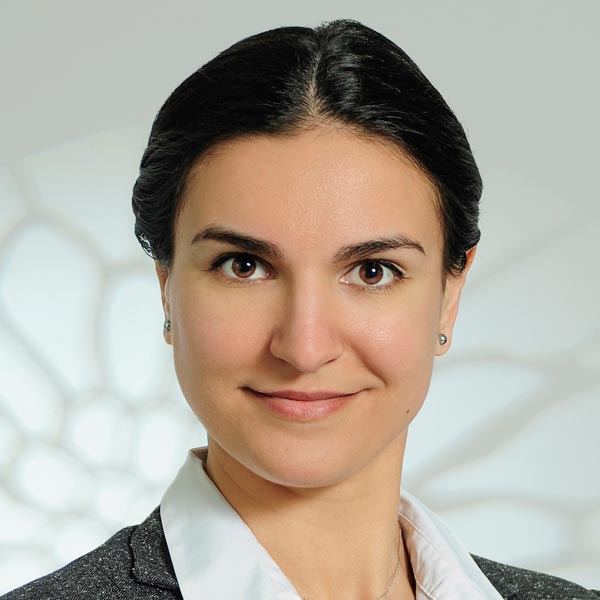Emerging analog memory devices, like resistive switching technology (ReRAM or memristor) have shown potential for the compact and efficient implementation of artificial synapses for neuro-inspired computing. However, prototyping a neural network system with these devices is not an easy task given their issues related to manufacturability, reliability and yield.
This talk will introduce the basics of resistive switches and their applicability for neural network systems. It will also describe the practical steps taken to demonstrate this principle experimentally in an integrated platform. The nanofabrication and characterization approaches used to optimize the material and device performance and yield will be discussed.

The talk will also introduce the use of statistical methods for realistic ReRAM modeling. It will also describe a testing platform developed with collaborators which includes a custom designed board and software modules to access a 20,000 devices chip. Model/experimental isomorphism across the different layers of abstraction from devices to systems, is a guiding principle in this work.
Gina Adam is an assistant professor in the Electrical and Computer Engineering department at the George Washington University. Her group works on the development of novel hardware foundations that will enable new ways of computing.
She received her Ph.D. in electrical and computer engineering from the University of California Santa Barbara in 2015 and was a research scientist at the Romanian National Institute for Research and Development in Microtechnologies and a visiting scholar at École Polytechnique Fédérale de Lausanne before joining GWU. She was the recipient of an International Fulbright Science and Technology award in 2010, a Mirzayan fellowship at the National Academy of Engineering in 2012, a H2020 Marie Sklodowska-Curie grant from the European Commission in 2016 and a NSF CRII award in 2020.
If you are interested in talking one on one with our speaker, please email Michele Tharp at tharp.6@nd.edu.